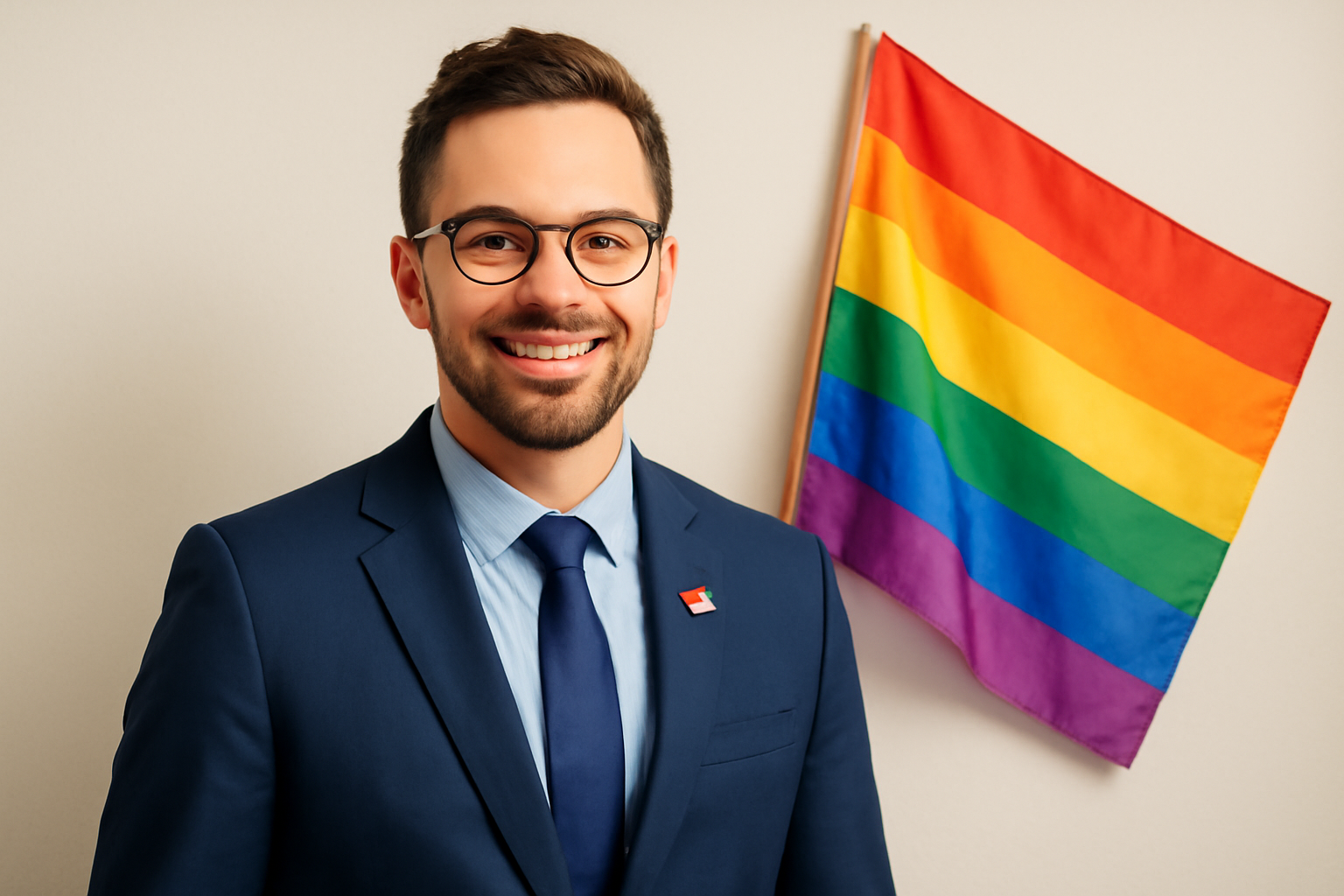
In recent years, Diversity, Equity, and Inclusion (DEI) initiatives have become central to corporate strategies aimed at fostering inclusive work environments. However, some companies have faced intense scrutiny and pressure from various groups, leading to significant changes or even rollbacks in their DEI programs. This article explores how social and political pressures can influence corporate policies, particularly in relation to DEI commitments.
The Rise of DEI Initiatives
DEI initiatives gained prominence as companies recognized the importance of diverse perspectives in driving innovation and success. These programs are designed to promote an inclusive culture, ensuring that employees from all backgrounds have equal opportunities for growth and participation. In addition, many businesses found that embracing diversity was not only a moral imperative but also a competitive advantage.
However, the journey toward inclusivity is not without its challenges. Companies often face pressures from different sides—advocates for diversity push for more robust initiatives while certain groups may resist these changes, preferring traditional corporate norms.
Pressure from External Groups
In some instances, companies have scaled back their DEI programs in response to pressures from groups that oppose certain aspects of these initiatives. These groups argue that DEI efforts may lead to reverse discrimination or undermine merit-based systems. As a result, companies find themselves navigating a complex landscape of social and political expectations.
The influence of external pressures can vary significantly across industries and regions. For example, a company operating in a conservative area may experience more backlash against progressive DEI policies compared to one in a more liberal environment.
Case Studies: Companies Adjusting DEI Programs
Here, we examine several cases where companies have altered their DEI strategies due to external pressures:
Company A: Initially, this company had a robust DEI program that included mandatory training and extensive employee resource groups (ERGs). However, following pressure from a vocal minority of stakeholders, the company opted to make the training optional and reduce funding for some ERGs.
Company B: This firm had pledged to increase its hiring of underrepresented minorities by a significant percentage. After facing criticism, the company scaled back its targets and instead focused on a more general approach to talent acquisition.
Company C: Known for its inclusive branding, Company C faced a public relations challenge when it was accused of overemphasizing diversity at the expense of other values. Consequently, the company revised its public DEI statements to better balance its messaging.
Understanding the Impact
The adjustment or reduction of DEI programs can have several consequences. Internally, employees who value inclusivity may feel alienated or disheartened by the changes. This can lead to a decrease in employee morale, engagement, and retention—particularly among those from marginalized groups.
Externally, companies might face reputational risks. Consumers and potential employees increasingly prioritize corporate values that align with their own, and companies that are perceived as backtracking on inclusivity commitments may suffer brand damage.
Conclusion: Moving Forward with DEI
Despite the challenges, many companies remain committed to fostering diverse and inclusive workplaces. The key is to build DEI initiatives that are resilient to external pressures, grounded in clear values, and adaptable to changing circumstances.
It is crucial for companies to engage in open dialogue with all stakeholders, including employees, customers, and advocacy groups, to ensure their DEI efforts are both meaningful and sustainable. By doing so, businesses can not only withstand external pressures but also thrive in a diverse and dynamic world.
Related Posts
Kelly Clarkson Delights Fans with Playful Cover and Queer-Friendly Vibes
Kelly Clarkson charms with a fun song cover Kelly Clarkson, who we've come love as both an incredible singer and host on her daytime talk show, recently won over fans with a delightful performance on her Kellyoke segment. She's famous now not just as an artist but also as a masterful cover performer, and this time she chose a classic that really resonated with her LGBTQ+ fans. Lately, Clarkson's [...]
Trump Inaugurated as 47th President Amid Concerns for LGBTQ+ Community
Donald Trump has been sworn in as President once again, marking his second term as America's 47th leader. This significant event in U.S. politics promises profound impacts, especially concerning LGBTQ+ rights. Taking office: promises and challenges Amidst a harsh winter storm, Trump took his oath indoors at U.S. Capitol on January 20. Alongside him, Vice-President JD Vance also stepped up, both [...]
Daniel Craig's "Queer" Overlooked by BAFTA: A Surprising Omission
Daniel Craig's film, Queer, snubbed by BAFTAs despite rave reviews In a surprising twist, Daniel Craig's newest film, *Queer*, failed completely on BAFTA's nomination list this year. It's a head-scratcher, considering how critics have sung its praises and Craig delivered such a standout performance. Yet, not a single nod from BAFTA. Go figure. fans and critics baffled by BAFTA snub The exclusio [...]